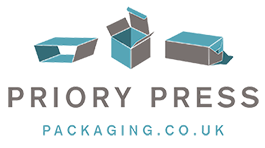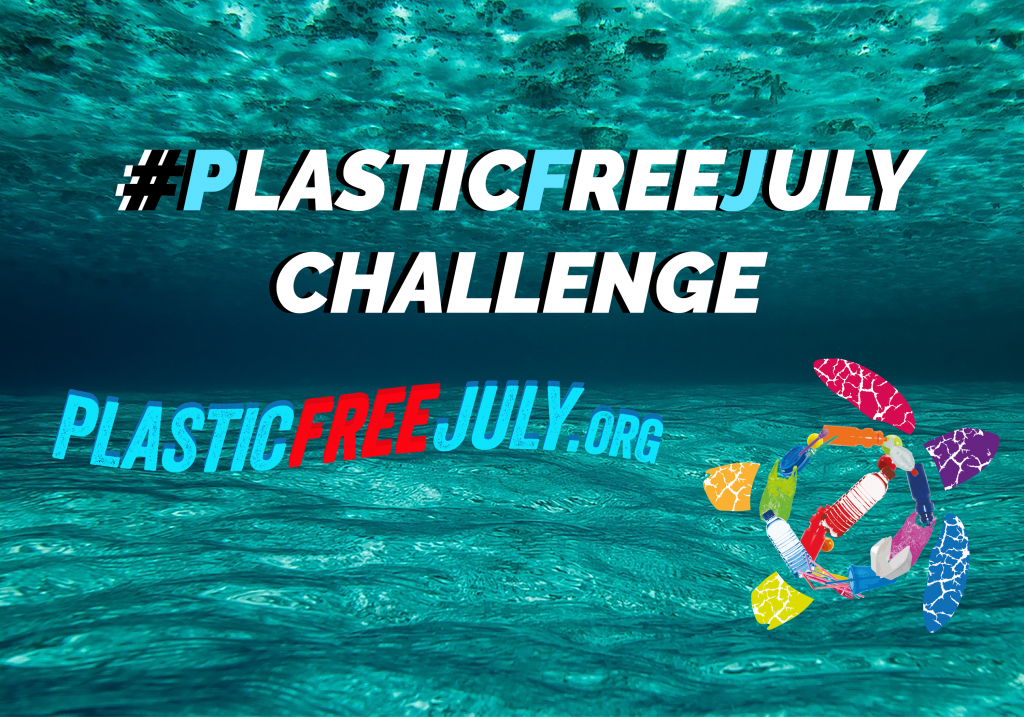#PlasticFreeJuly Challenge
There’s a global month movement that is inspiring us to join along and to spread the word. Here’s a little bit about the Plastic Free July challenge to give you some information and inspiration.
Read our Environmental Policy to find out our steps towards a better world!
“The Plastic Free Foundation Ltd is an independent, not-for-profit organisation established in 2017. Millions of people across the globe take part every year, with many committing to reducing plastic pollution far beyond the month of July.”
The challenge can be joined by anyone and participants can give views on their experience and top tips for newbies. The organisation features motivating articles of this global movement and you can access them through the website and by signing up to their weekly emails. You can join the challenge here.
Have you ever found it hard to be sustainable but you worry about how you can suggest this in certain environments? To combat this, the website features lots of great ways to join this movement such as detailed ideas you can formulate in work, school, for your business, at events and for your local community.
We’ve gathered our favourite interesting ideas to help you join us for #PlasticFreeJuly:
In the supermarket
Buy plastic free alternatives and refuse the plastic bags which can contain fresh fruit, veg and meat.
In the home
Bin liners:
Plastic bin liners have a devastating impact on the environment. Refuse plastic bags altogether. That includes ‘reusing’ because they eventually end up in landfill as well. You can switch to certified compostable bin liner bags and ensure the correct waste is in each bag.
Cling film:
There are plenty of alternatives which are just as effective. These include cloth wraps, silicone bowl toppers, bees wax wrap and Tupperware containers. You can make a real impact by choosing not to purchase food wrapped in cling film.
Cartons:
Cartons used for juice and milk have a long-life expectancy as they are combined with plastic, cardboard and foil which is extremely hard to recycle. You could make your own oat, nut or rice milk and squeeze your own fruit juice.
Teabags:
Avoid using the teabag brands which use plastic (unfortunately, there are many of them!)
At work
You could suggest a bin audit to discover the rubbish you and your colleagues are throwing out. What can be avoided, recycled or composted?
Here is a step by step guide for successfully creating a work place bin audit.
In your community
Plastic straws:
Refuse them and bring your own reusable alternative.
Takeaways:
Bring your own reusable Tupperware containers and ask them to hold the plastic cutlery.
Host or attend a beach/public park clean up:
You could circulate this event through the good ole’ internet. Through a social media status, already established environmental groups and group chats. You could also create flyers and give out on the street, to businesses, schools, libraries and could post in local newspapers. Think of how you will dispose of the rubbish after the clean-up. Will there be bins nearby which offer bottle banks, clothes banks, recycling and food waste? If not, organise a destination area that has these.
Through an event like this you could:
Find your tribe
Contact and connect with like-minded people who share the same values and aspirations to bounce ideas off and motivate each other. You could even go a step further and arrange weekly meetings, workshops and talks, educational movie screenings and more clean-up days.
Always think during this challenge:
Reduce, reuse, recycle
Let this be the mantra you start to live from!






